
Microsoft is preparing to hit Xbox users with in-game ads: report
Over the years, Microsoft has found a variety of ways to bombard its customers with ads. As well as using Windows 11 to promote its own Edge web browser, the company has also used the Start menu to "recommend" apps to people.
And now it seems as though Xbox gamers are next. A new report says that Microsoft is working on a program that will display third-party ads in Xbox games. So, what is going on, and is it as bad as it sounds?
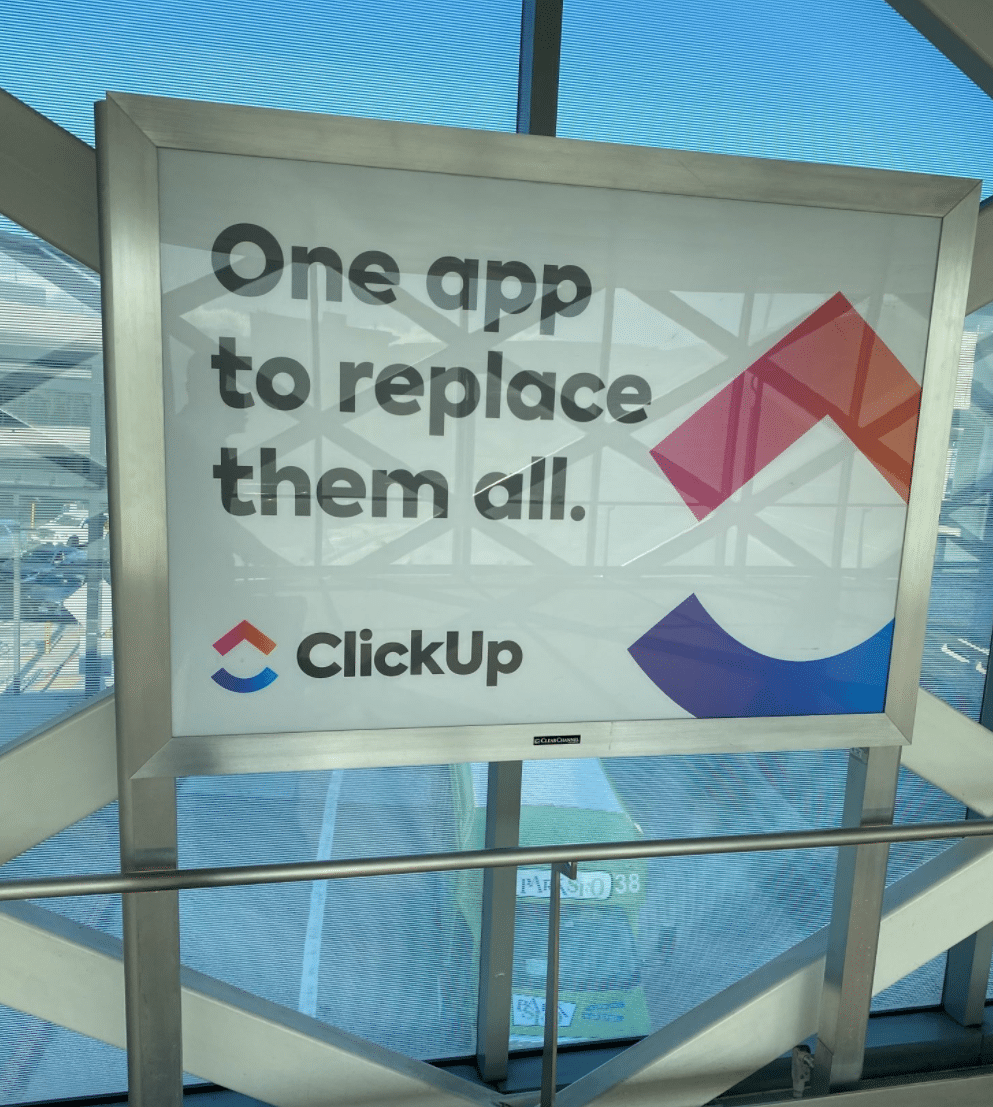
The overpromise of technology
Last month on Twitter, tech writer Casey Newton posted the above pic, observing that he sees it all over San Francisco. "This ad is all over SF and I can’t decide what I dislike more: the wild overpromising or the total lack of information about what it does," he said.
I’ve noticed the same ad but it didn’t register as much with me as it did with Casey because these messages have finally exhausted me. It’s because the constant overpromise of technology has been going on for years. From a well-founded and ongoing skepticism about what AI actually is and can be, to the ill-founded hype that touches almost anything tech-related these days, both the perception and reality of technology need an adjustment.

I wish Facebook knew more about me
The other day I was chatting with a friend and she mentioned how Facebook was listening into personal conversations via her phone. It was the only possible explanation, she said, for how it could know she was in the market for a new sofa. Her husband was the only person (other than me) she’d mentioned this to and although she hadn’t yet got around to looking for a sofa online, her Facebook feed was full of ads for upholstered seating. I’ve heard this conspiracy theory before, of course, we all have. If it’s not Facebook listening in, it’s Google. But it made me smile.
When I go into Facebook (or Instagram), which is several times every day, I see stories from my friends and family, interspersed with 'targeted' adverts for products and services that I have no interest in -- such as the advert I saw today for a train company whose trains I’ve never been on because they don’t run anywhere near where I live or travel to. Judging by all the food ads Facebook shows me, it thinks I’m a staunch (and very hungry) vegan. This couldn’t be further from the truth.
How changes to tracking will affect the online world [Q&A]
The Identifier for Advertisers (IDFA) is a random device identifier assigned to a user's device which advertisers use to track data so they can deliver customized advertising.
But Apple is about to replace the iOS IDFA tracking system in iOS 14 with a new App Tracking Transparency (ATT) feature which will allow iPhone users to opt-out of tracking on third-party apps and sites. This, plus Google's crack down on third-party cookies, means privacy is a hot topic currently -- and all signs point to even more shifts in the coming year.
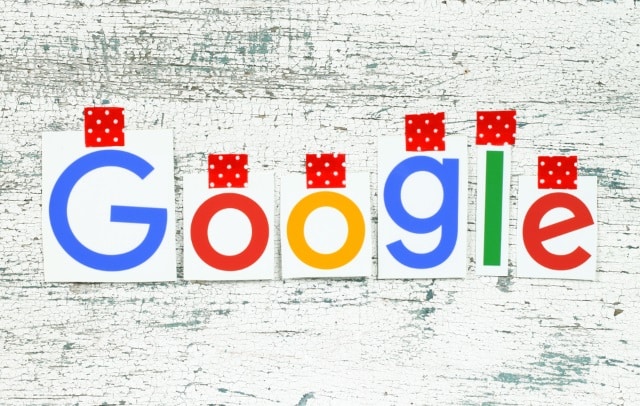
Australia to force Google and Facebook to pay for news content
Facebook and Google both make huge amounts of money through advertising, and the Australian government feels this money should be shared with the smaller players the companies benefit from.
Specifically, digital platforms such as Google and Facebook will be required to pay news outlets for the content they produce. The Australian Competition and Consumer Commission (ACCC) told the government that initial plans for a voluntary code of conduct were unlikely to work, hence the move to a mandatory code. The move by the Australian government could well lead to similar moves in other countries.

Twitter will now share more user information with advertisers
Twitter has announced that it is now going to share more information about its users with business partners. In an update to its privacy policy, the company says that it is removing the ability for users to block the sharing of non-public information with advertisers.
While for many people this represents something of a compromise in privacy, the change does not apply to users in the EU, an EFTA state or the UK; users in these locations will have to opt into data sharing.
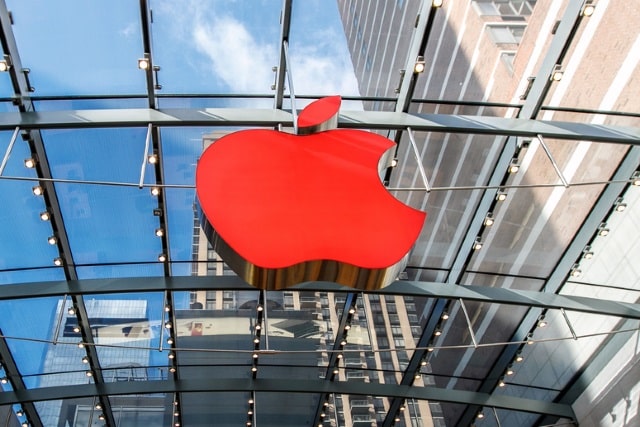
Apple now allows ads in push notifications on iPhone and iPad
Push notifications could be about to become rather more irritating for iPhone and iPad users. Apple has updated its App Store Review Guidelines, giving developers permission to use push notifications for advertising purposes.
There is something of a silver lining to this dark cloud, however. App-makers are not being given carte blanche to bombard people with an endless stream of ads; Apple says ads are only permitted when "customers have explicitly opted in to receive them". Nonetheless, it marks a major policy change for Apple.

Microsoft is testing ads in WordPad in Windows 10
Over the years Microsoft has taken numerous controversial decisions with Windows 10, including installing sponsored apps, using the Start menu to advertise apps it thinks you might be interested in, and -- of course -- the various forms of data-collecting telemetry.
Now it has been discovered that more ads could be on their way. A Windows researcher has uncovered ads in WordPad encouraging people to try out Word, Excel and PowerPoint online.
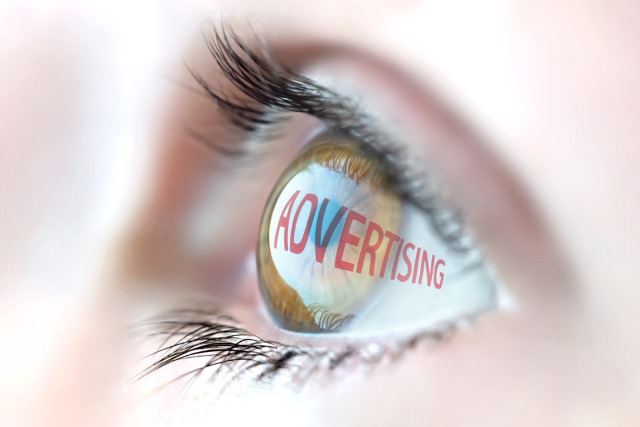
Microsoft now showing non-removable ads in Windows 10 Mail and Calendar apps
Adverts in Windows 10 are not a new thing. Microsoft has a history of sneaking them into any spare real estate in its operating system and included apps. In the past we’ve seen them crop up in the Start menu, in the taskbar, in the Action Center, in File Explorer, in the Ink Workspace, on the Lock Screen, in the Share tool, and in the Windows Store. It’s even currently running full screen ads for Windows 10 inside Windows 7 as the aging operating system reaches its end of life.
Microsoft prefers to call the ads it dots around its OS "suggestions" but that doesn’t make them any less annoying for users. And now the company has added a new ad to the Windows Mail and Calendar apps, and made them impossible to remove.
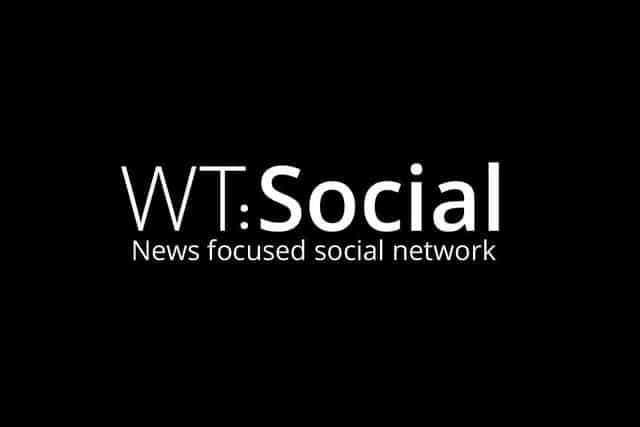
Wikipedia founder Jimmy Wales has a new ad-free, news-focused social network, WT:Social
Social media has evolved over the years in ways that few could have predicted. The likes of Facebook and Twitter are used not only for keeping in touch with friends and family, but also for keeping up to date with news.
But there are endless problems with current social networks, with ads and fake or misleading news being serious problems and irritants. Jimmy Wales, the founder of Wikipedia, has launched a new social network called WT:Social. It is free from ads and has a news focus. Importantly, users are able to edit headlines which are incorrect or deceptive.

Twitter bans all political ads, and the world waits to see if Facebook will follow suit
Jack Dorsey has announced that Twitter is implementing a ban on all political advertising on its network. The move comes after Facebook said it would not ban political ads, but Dorsey believes that the ability to reach a large audience with political messages "should be earned, not bought".
While the ban is a global one, the impact is likely to be felt most strongly in the US where spending on political campaigning is huge -- and whoever spends the most money has a tendency to fare better. The manager of the Trump 2020 campaign, Brad Parscale, has dismissed Twitter's decision as "yet another attempt by the left to silence Trump and conservatives".
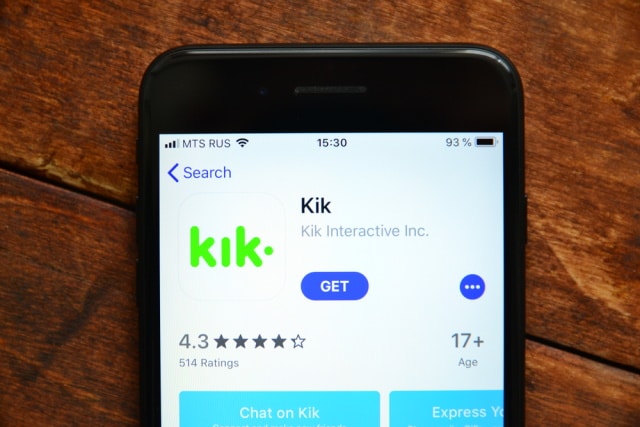
Good: Kik Messenger will live on. Bad: ads
Things have been very much up in the air for users of Kik Messenger after its owner Kik announced plans to close down the messaging tool and focus on its Kin cryptocurrency. But now things have changed.
Kik has announced that Kik Messenger has been acquired by holding company MediaLab. While details of the acquisition and any deal between the two companies are sparse, one thing is clear: Kik Messenger will live on -- albeit with ads.
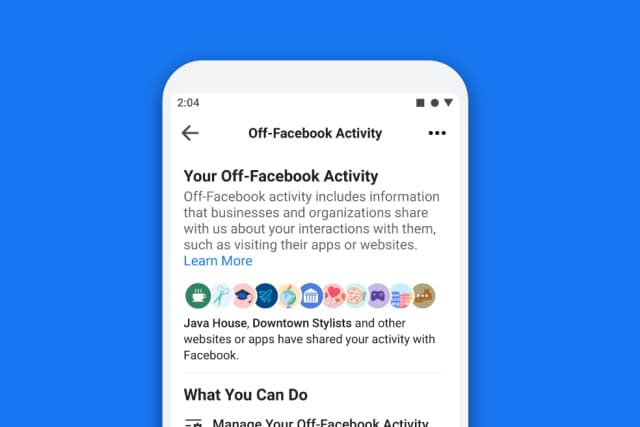
Facebook ups its privacy game (a bit) with new tool for users to control data shared by websites
Facebook has launched a new privacy tool, giving users the chance to see and control the data the social network collects about them from other websites.
Called Off-Facebook Activity, the new tool lets users restrict what is shared to Facebook by apps and websites. More than this, it enables Facebook users to sever ties between websites and the social network, with a view to limiting the personalization of ads on Facebook.

Mozilla set to offer ad-free browsing in Firefox for $5
Advertising is the lifeblood of many websites, but at the same time it is something that few people are fans of. To stave off income-killing ad-blockers, an increasing number of sites offer per-article or per-month subscriptions that give people the chance to enjoy content free of ads while still supporting the sites they love.
Mozilla has a different idea -- "Ad-free internet by Firefox". The result of a partnerships with multiple online publishers, the idea is that a single, low subscription fee gives you access to a number of sites with the ads removed.

Vivaldi 2.6 promises protection against abusive ads, expands profile management tools
Challenger web browser Vivaldi 2.6 has been released for Windows, Mac and Linux, promising protection against abusive ad practices.
Version 2.6 also adds additional ways of customizing user profiles, introduces a filter for browsing saved passwords, implements support for Razer headphone devices and continues to revamp the user interface with several welcome minor tweaks.
